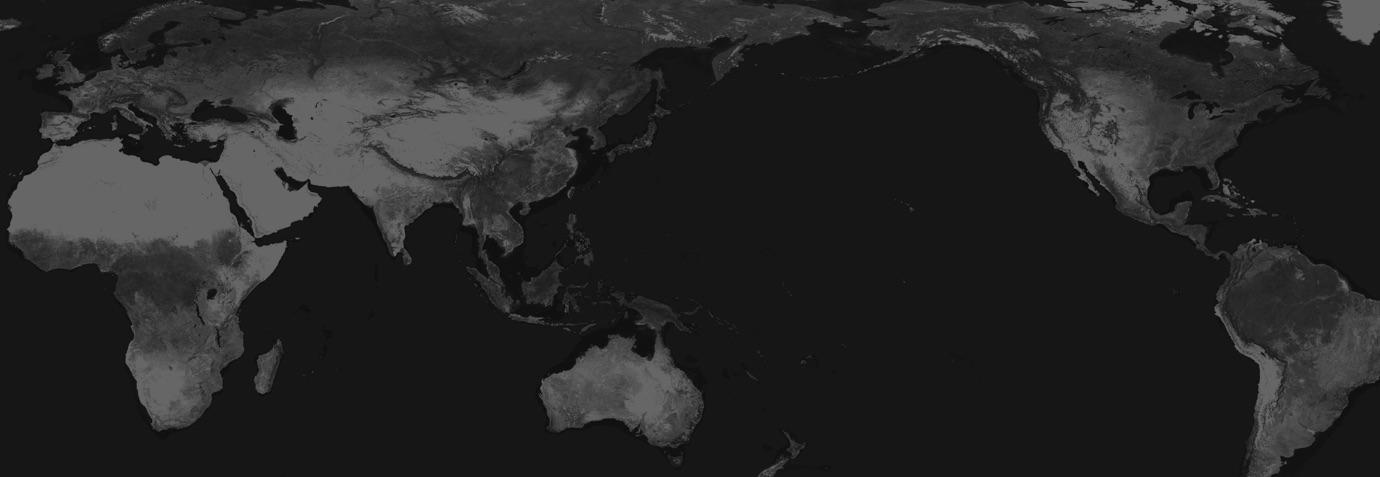Most travellers
There is an increased risk of contracting hepatitis A and typhoid in Vietnam, both of which can be contracted through contaminated food or water.

We advise:
Exercise normal safety precautions in Vietnam.
Vietnam boasts some truly breathtaking landscapes, including Halong Bay, Hang Song Doong caves and the Mu Cang Chai rice terraces. It also offers a diversity of natural beauty including world-famous beaches, national parks with camping and amazing bird life, and mountainous areas where the sunsets are spectacular.
Thanks to its long, rich history and Buddhist traditions, Vietnam has many traditional festivals all year round. These festivals range from the Tet holiday - an ideal time to see how families celebrate their love for their ancestors and for each other, to the buffalo fighting festival in Hai Phong where the winning buffalo is presented to the village god.
When planning your trip to Vietnam, it’s important to consider your health and understand your risk of contracting foreign disease and illnesses.
Speak with your healthcare professional about how you can best protect yourself prior to your departure.
All travellers should be up to date with their routine vaccinations before heading off to Vietnam. These include vaccines for measles, mumps, rubella, diphtheria, tetanus, whooping cough, chicken pox, polio and influenza. For a full list, refer to the National Immunisation Program – available here.
Travellers to Vietnam who are aged 5 years or older should also ensure they are fully vaccinated against COVID-19.
Most travellers
There is an increased risk of contracting hepatitis A and typhoid in Vietnam, both of which can be contracted through contaminated food or water.
Some travellers:
Depending on where you are staying and what activities you have planned, preventative measures, including the following vaccinations may be recommended for you by your doctor:
It is best to consult with your doctor or travel health clinic at least a month prior to your departure. They will be able to advise you about any vaccinations that you may need for your trip well before you leave, based on your specific travel plans.
What your doctor will need to know:
Your doctor may also conduct a general health check-up. This may be needed for your travel insurance if you have a pre-existing medical condition.
If you are not up-to-date with your routine vaccinations, or if your doctor believes you may be at an increased risk of contracting a vaccine-preventable disease, then they may recommend that you get a booster or be revaccinated against a particular disease.
Medicare will only cover your GP consultation cost in most cases, but some private travel clinics may incur an out of pocket expense. Medicare will not cover the vaccinations, and vaccination prices vary a lot.
The average cost of a single travel vaccine can vary between $45-$85.
If you have private healthcare, you may find they will cover some costs, but this varies from one company to another – check with your personal insurer for more details.
The standard of healthcare facilities in Vietnam varies from place to place. So it is important you a prepared before heading off on your trip.
See your doctor at least 4 weeks before departure to discuss your travel health requirements.
Before travelling:
During travel:

MAT-AU-2200214 - Date of preparation March 2022
Show All
By clicking on this link, you will be leaving this Sanofi hosted website, and depending on the link, will be redirected to either another Sanofi website (for example, to view the Sanofi Privacy Policy) or an independent third party website which is typically not a Sanofi controlled website and may not be located in Australia (“Third Party Website”).
Use of and access to any Third Party Site is subject to the terms, limitations and conditions set by the Third Party Site producer and applicable laws.
Sanofi does not generally develop or maintain Third Party Sites, nor does it necessarily control those sites availability or what information is contained on those sites in any given instance and makes no representation in relation to those sites to the maximum extent permitted under any applicable laws, regulations or codes.
Any information that you access via a Third Party Site, may not comply with the Australian regulatory requirements. Further information relevant to the Australian environment is available from Sanofi or via the Product Information.